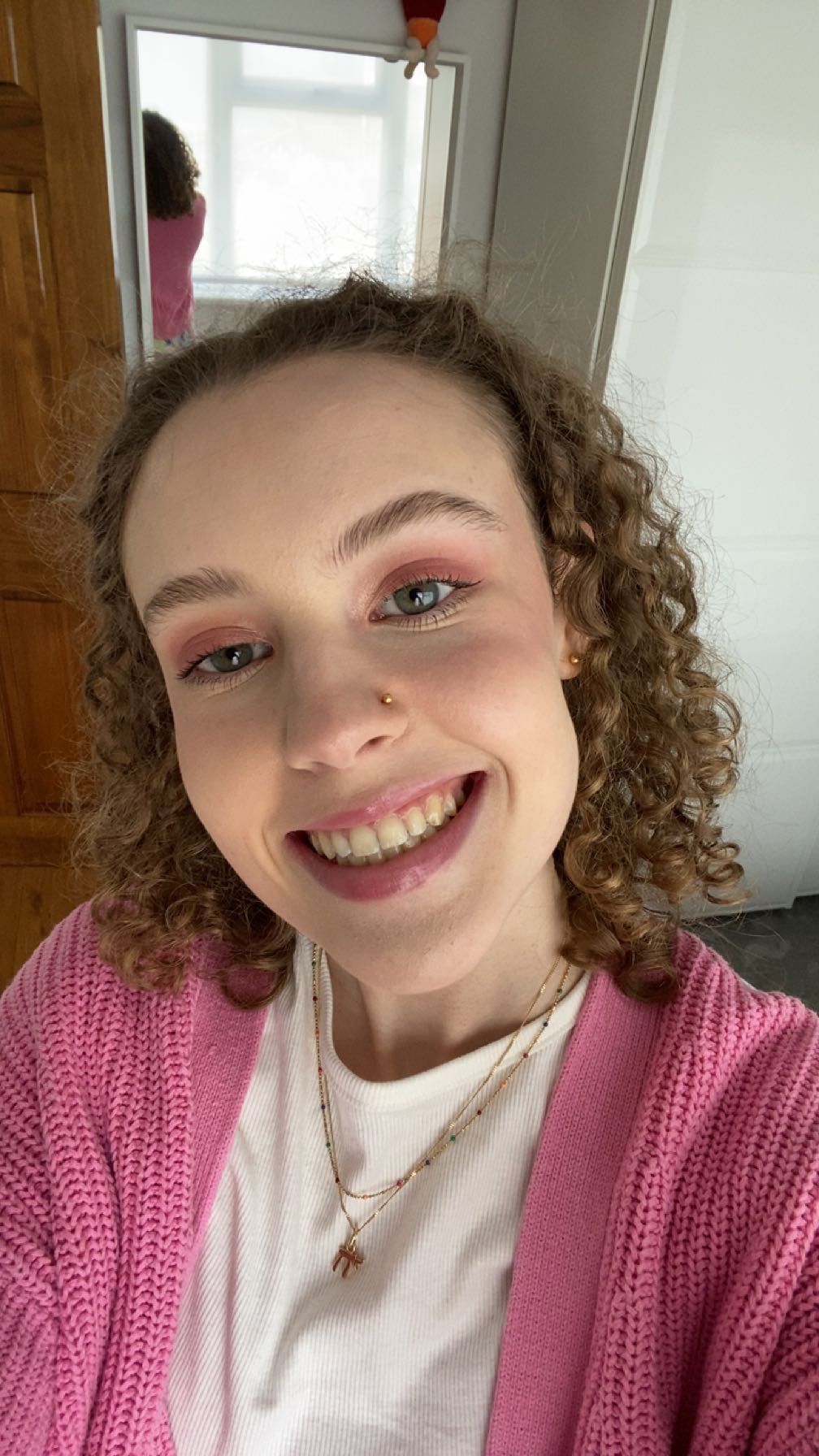In the modern world, access to education is a fundamental human right, being Article 26 in the Universal Declaration of Human Rights. However, the reality for many women and girls around the globe remains starkly different. Despite significant progress in recent decades, gender disparities in education persist, with the UN estimating that in 2023 130 million women are still denied access to education. In this article, I explore the importance of addressing these disparities and the steps that can be taken to ensure women and girls have equal access to education.
The Gender Gap in Education
Education is not just about acquiring knowledge; it is a catalyst for empowerment, self-determination, and economic independence. It is the first step in development. Unfortunately, many women and girls continue to face barriers to education. Cultural norms, early marriage, household responsibilities, and economic constraints often limit their access to education. Discriminatory attitudes and violence against girls who seek an education further exacerbate inequalities.
Breaking Down Barriers
To address this issue, we must prioritise a multifaceted approach. Governments and communities must work together to change cultural norms and attitudes that perpetuate gender disparities in education. This involves challenging harmful stereotypes, promoting gender equality, and celebrating the value of educating women and girls.
Additionally, policies and programs must be implemented to provide economic support and incentives for families to send their daughters to school. Scholarships, cash transfers, and initiatives that provide school supplies, healthcare and uniforms can help alleviate the financial burden that education often places on families.
Quality Education Matters
Equal access to education is not just about getting girls into classrooms; it’s also about ensuring the quality of that education. Schools must be safe and supportive environments for women and girls, free from discrimination, harassment, and violence. Teachers should receive training in gender-sensitive teaching methods, and curricula should be updated to reflect gender equality principles.
Empowering Women Beyond the Classroom
Education is a powerful tool for women and girls to break free from the cycle of poverty and discrimination. When they have access to quality education, women are more likely to find better job opportunities, participate in decision-making processes, and contribute to their communities’ development.
Studies have shown that an extra year of schooling can increase a girl’s future earnings by 10-20%. Empowered women can also serve as role models and advocates for gender equality, helping to drive lasting change in their community and the wider society.
The Road Ahead
Achieving equal access to education for women and girls is not a one-size-fits-all solution. It requires a concerted effort from governments, communities, and international organizations. Progress is being made, but there is still much work to be done. By investing in girls’ education, we are not only improving the lives of individuals but also creating a brighter and more equitable future for all.
In conclusion, the fight for equal access to education for women and girls is a battle that affects us all. It’s a fight for human rights, gender equality, and social justice. As we move forward, let us remember that educating women and girls isn’t just about changing lives; it’s about changing the world. Together, we can break down the barriers that stand in the way and ensure that every girl has the opportunity to learn, grow, and achieve her full potential.





